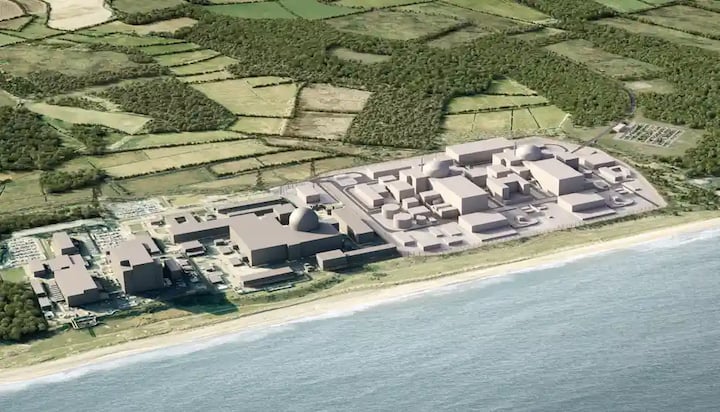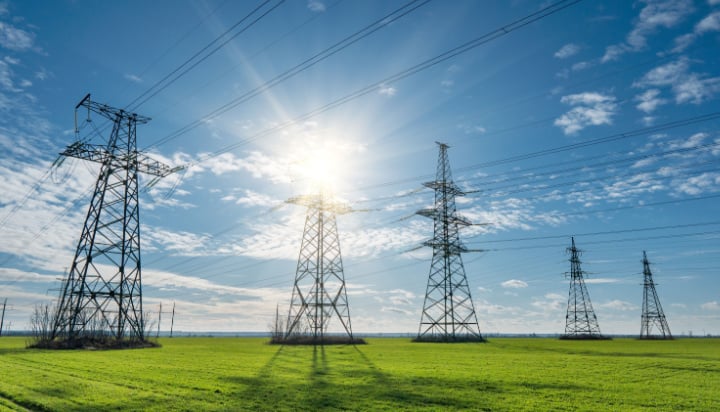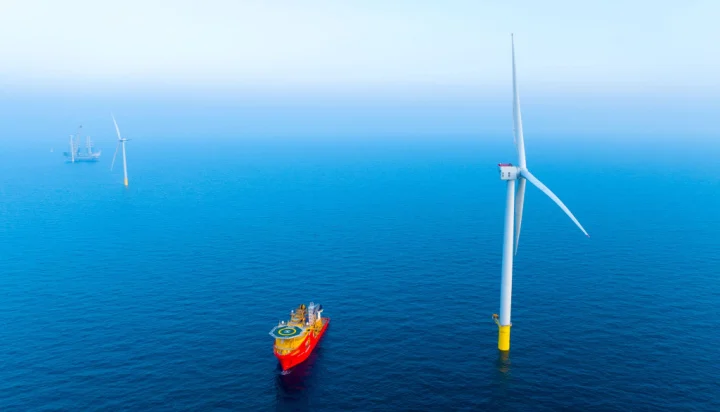AtkinsRéalis has secured a design contract for the Sizewell C nuclear power station in Suffolk, encompassing key elements of the project.
AtkinsRéalis has been awarded a design contract for key components of the Sizewell C nuclear power station in Suffolk, in support of the project’s development.
The contract covers the design of critical elements of the proposed nuclear power station, including the Conventional Island, Balance of Plant, Heat Sink, and concept design for permanent roads and networks to facilitate construction and long term operation.
AtkinsRéalis has been involved in various aspects of the Sizewell C project since 2014, contributing to site establishment, enabling works, detailed earthwork design and concept designs for various aspects of the facility.
They are also responsible for the overarching design and engineering management of civil works at the proposed plant.
Upon its completion, the planned Sizewell C nuclear power station is predicted to produce sufficient electricity to meet the energy needs of six million homes for 60 years.
Image: Sizewell C













